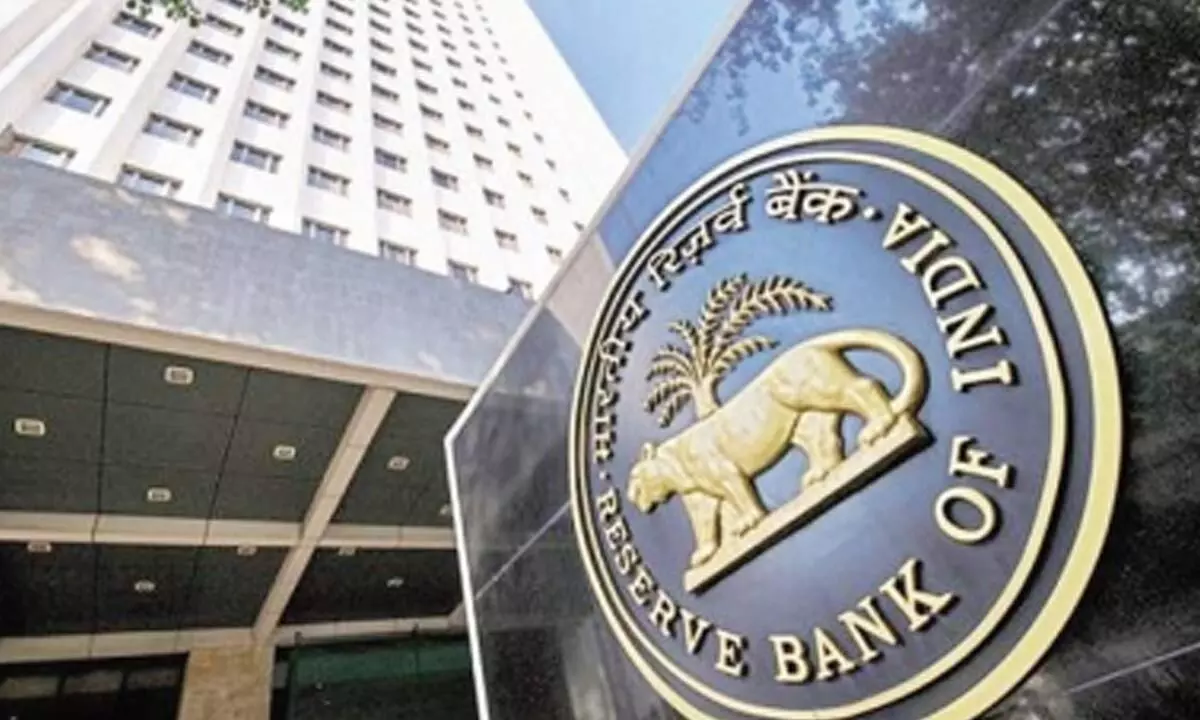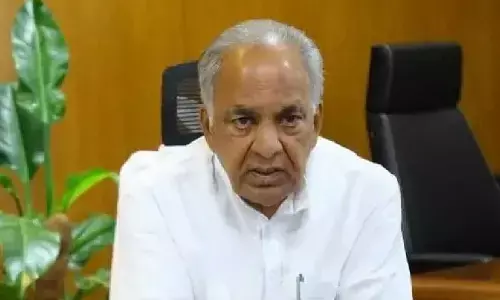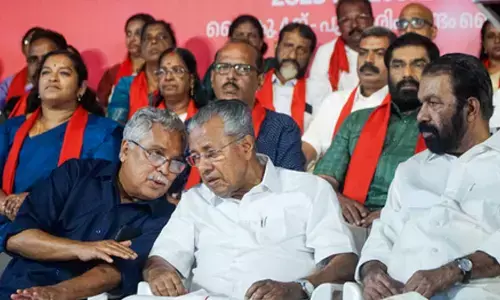RBI to maintain rates, real estate sector to be disappointed
Share :

Only an unforeseen and sustained increase in inflation may compel the Reserve Bank of India’s (RBI) Monetary Policy Committee (MPC) to revise upwards the repo rate, said the Chief Economist at Anand Rathi Shares and Stock Brokers.
Chennai: Only an unforeseen and sustained increase in inflation may compel the Reserve Bank of India’s (RBI) Monetary Policy Committee (MPC) to revise upwards the repo rate, said the Chief Economist at Anand Rathi Shares and Stock Brokers.
He also added that not in the near future the MPC will reduce the repo rate from the current 6.5 per cent.
Repo rate is the rate at which the RBI lends to commercial banks. This rate is used by the RBI as a financial instrument to control inflation.
The MPC will meet early next month.
“Unless there is an unforeseen and sustained increase in inflation, it appears that the RBI has completed its monetary policy tightening for the present cycle. Nevertheless, it should be noted that the initiation of the rate reduction phase is not anticipated to occur in the near future,” Sujan Hajra, Chief Economist & Executive Director at Anand Rathi, told IANS.
“Although it is improbable to occur during the present policy meeting, there is a possibility that the RBI might alter its policy stance regarding liquidity from a tightening approach to a neutral one, once retail inflation falls below 6 per cent,” Hajra added.
Meanwhile players in the real estate sector wish the RBI would start reducing the repo rate.
“Given the robust demand in the real estate sector nationwide, it is imperative that we maintain low-interest rates. This approach can effectively stimulate potential buyers to secure loans for property purchases, consequently invigorating overall real estate market activity. We anticipate that the RBI will ensure sufficient liquidity within the banking system, as this is paramount for enabling banks to offer lending and financing options to both developers and buyers. Such measures will, in turn, bolster the growth of the real estate sector,” Rajan Bandelkar, national president of the National Real Estate Development Council (NAREDCO), said.
While hoping that RBI would maintain the current interest rate, Vikas Garg, Joint Managing Director, Ganga Realty said the central bank should also start serious contemplation on lowering of the repo rates.
“It would be a great initialiser in bringing first time homebuyers to invest in property markets and simultaneously cushioning depressants such as high property loan interest rates. The real estate sector seems largely unaffected by it and is witnessing a major demand boom. Altogether, we would welcome a felicitous institutional intervention in further propelling investment scenarios,” Garg added.
However, Anand Rathi’s Hajra said it is unlikely that any major central bank will initiate a reduction in the policy rate within the upcoming six to nine months.
“The decision by the US Federal Reserve to halt in September 2023, together with the hint from the European Central Bank that the rate hike in the Eurozone has concluded, are factors that the RBI will likely take into account when deciding to retain the current status quo,” he remarked.
The RBI has implemented substantial measures to tighten its monetary policy since the year 2022.
Following a significant and swift elevation of the policy rate by 250 basis points, the central bank has maintained a steady interest rate of 6.50 per cent in the three most recent policy meetings, Hajra recalled.
Following a notable and unexpected increase to 7.44 per cent in July 2023, marking a 15-month peak, retail inflation has subsequently experienced a decrease to 6.83 per cent in August 2023.
Despite experiencing a decline that surpassed initial expectations, inflation levels continue to remain much higher than the RBI’s acceptable upper threshold of 6 per cent.
“However, the increase in inflation can be primarily attributed to a significant rise in costs of food and fuel. A large portion of the acceleration in inflation is expected to be temporary in nature. Furthermore, there is a declining tendency observed in core inflation.
"Considering the aforementioned factors, it is quite improbable that the RBI will announce any additional increase in interest rates during the forthcoming policy meeting in October 2023,” Hajra explained.










